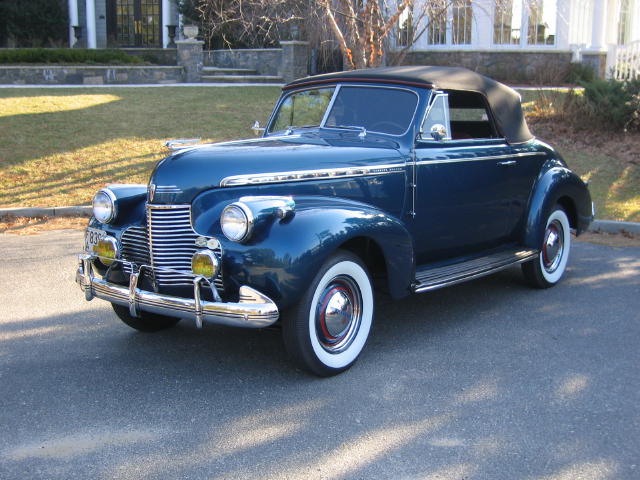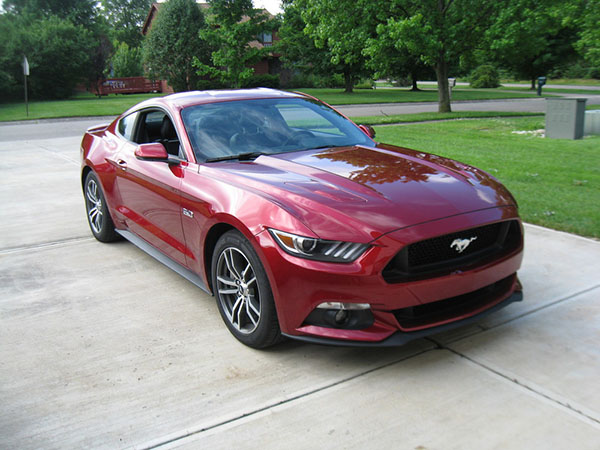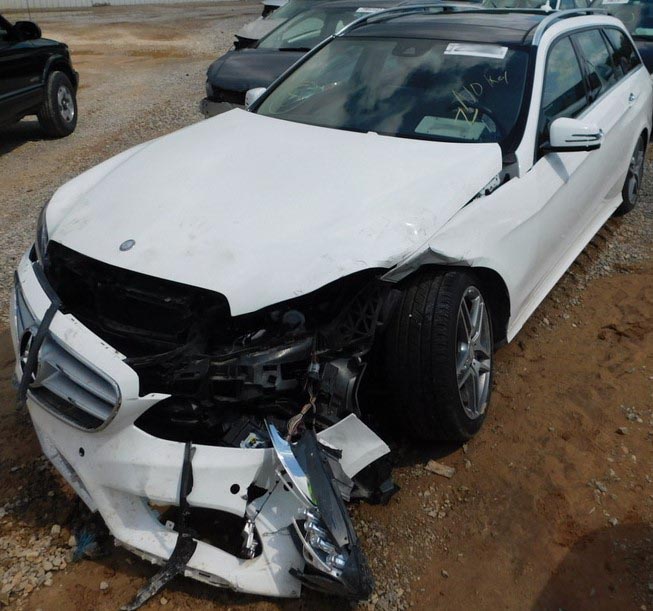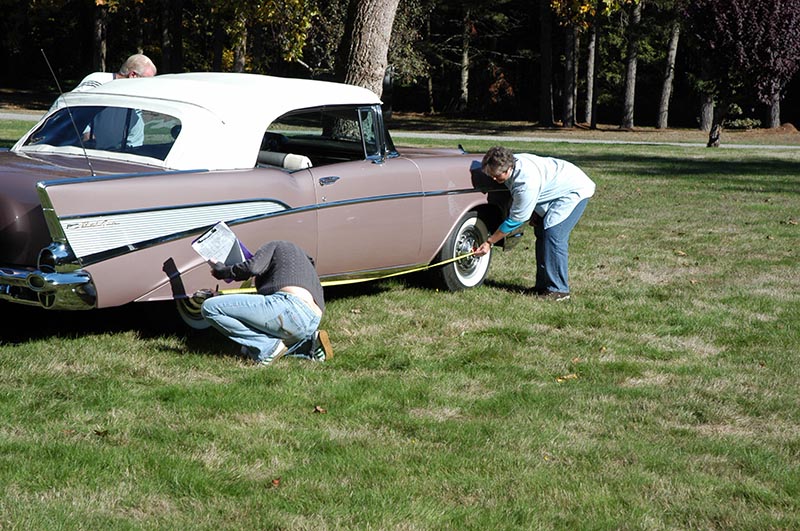 If you are the executor of a will or the owner of a car collection, you might have questions about how vehicles in an estate appraisal are handled. You may not even be sure if you need an estate settlement appraisal for the vehicles included in the estate. The overall value of an estate and the vehicles included in it play a major role in answering this question.
If you are the executor of a will or the owner of a car collection, you might have questions about how vehicles in an estate appraisal are handled. You may not even be sure if you need an estate settlement appraisal for the vehicles included in the estate. The overall value of an estate and the vehicles included in it play a major role in answering this question.
The legal process involved in settling an estate after an individual’s death is referred to as “probate”. Probate includes a proper assessment of the deceased’s property to determine whether or not the estate is subject to taxes and how the assets included in the will should be distributed. The value of “noncash” assets, including collectibles like antique vehicles, must be professionally appraised to establish their fair market value at the date of death.
In general, any vehicle with a value of over $5,000 should be documented in an estate settlement. Ideally, the original estate owner should have documentation for antique and collector vehicles, but even if proper appraisals have been completed previously, a “date of death” appraisal may be necessary to assess the current fair market value of a vehicle. This is particularly true in cases that involve the division of an estate between several inheritors. Since a vehicle can’t be cut into pieces and distributed among inheritors, the value of the vehicle can be very important to determine how the estate will be settled.
 Should an estate be contested in court, an accurate and detailed appraisal is essential to ensure that all parties are treated fairly. Lawyers and accountants will use a documented appraisal to determine the value of a classic vehicle. The accuracy of this appraisal allows professionals to assess the best way to settle the estate and makes it possible for inheritors to distribute the value of a vehicle with the least chance for error or misappropriation of funds.
Should an estate be contested in court, an accurate and detailed appraisal is essential to ensure that all parties are treated fairly. Lawyers and accountants will use a documented appraisal to determine the value of a classic vehicle. The accuracy of this appraisal allows professionals to assess the best way to settle the estate and makes it possible for inheritors to distribute the value of a vehicle with the least chance for error or misappropriation of funds.
An accurate estate settlement appraisal is also an important part of determining inheritance taxes. A well-documented appraisal can save you thousands in taxes by providing the IRS with clear, accurate figures, rather than allowing them to estimate a fair market value that may or may not reflect the actual value of the car. Furthermore, knowing the value of the vehicle in relation to the taxes can help inheritors decide the best way to handle the vehicle in the settlement.
If you are currently writing a will or have been assigned as an executor, AAG can be your appraisal expert and help you get accurate, well-documented appraisals for antique and collector cars. We can produce the most accurate vehicle probate value to ensure that an estate is settled fairly, with the deceased’s intentions in mind.
Schedule your estate appraisal today and let us help you streamline the process of estate settlement.







